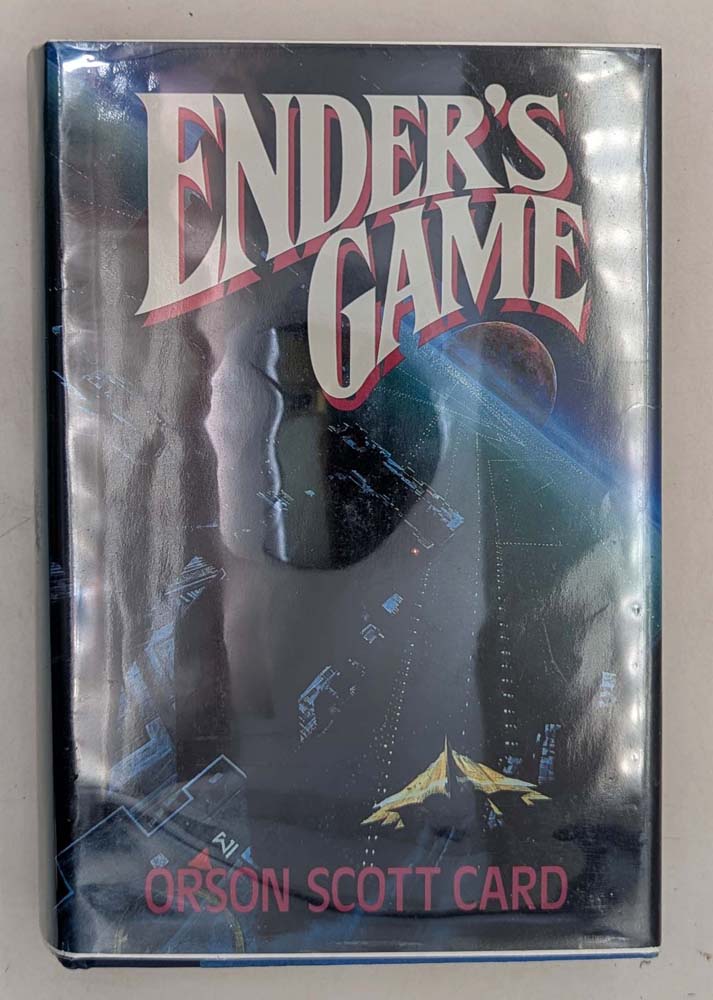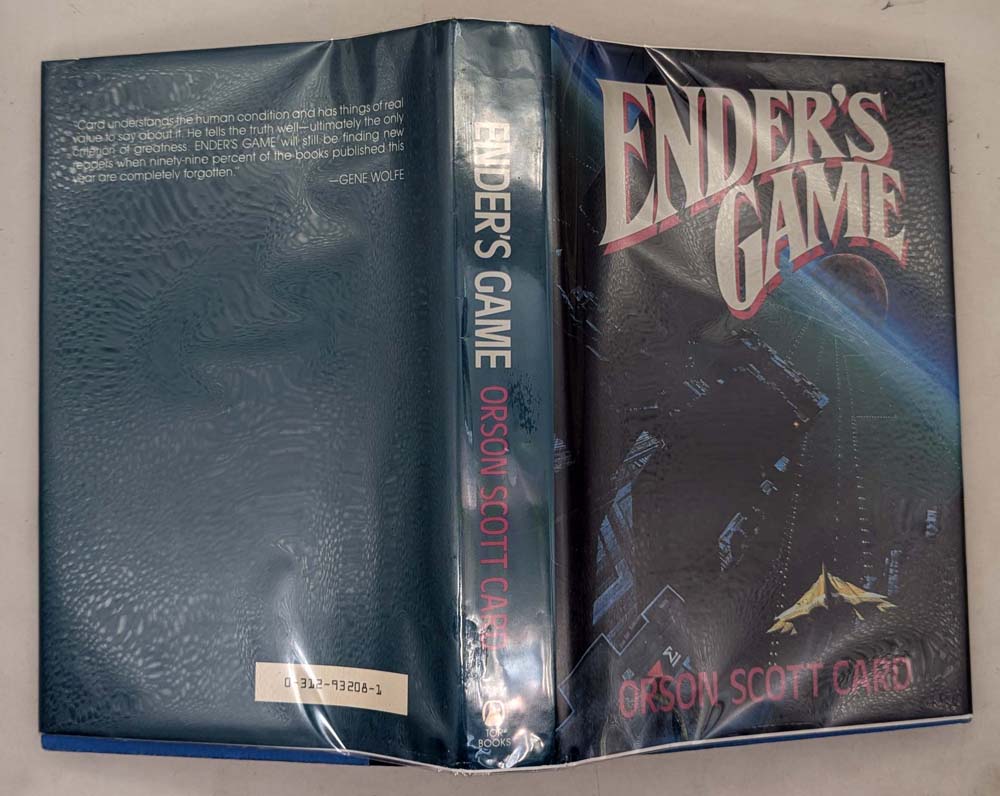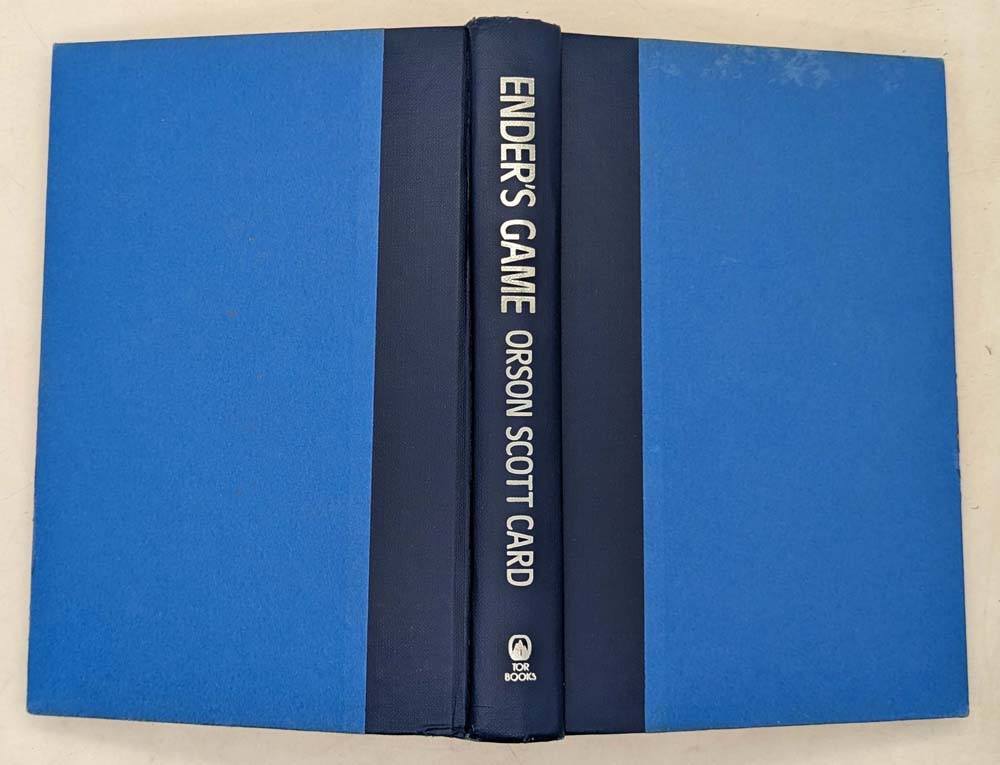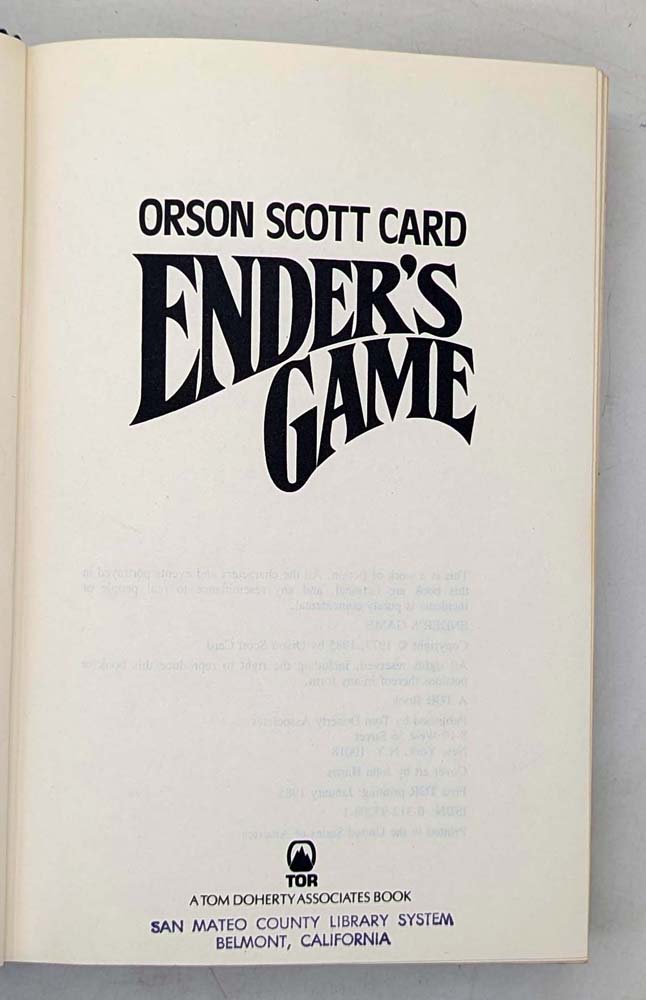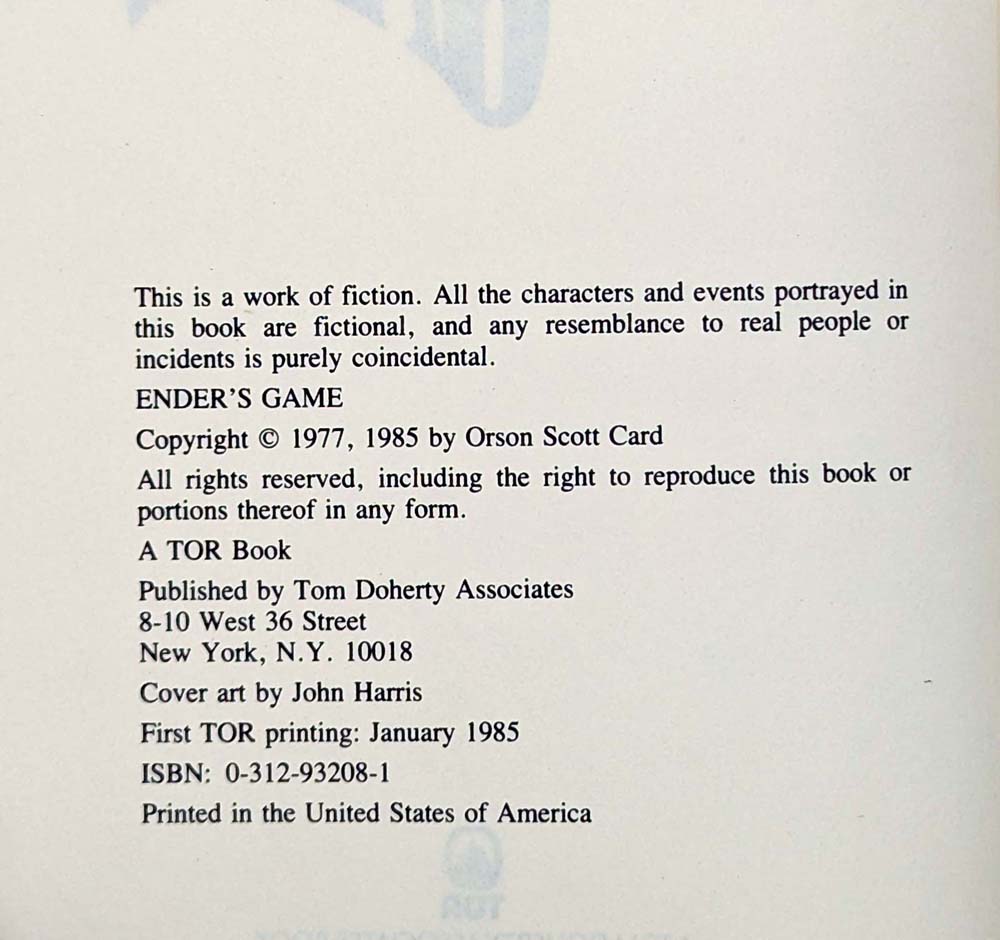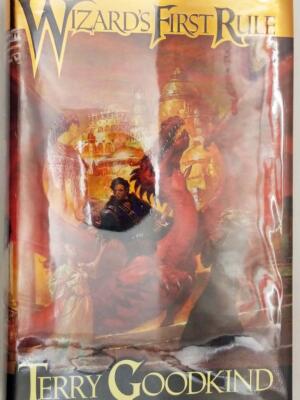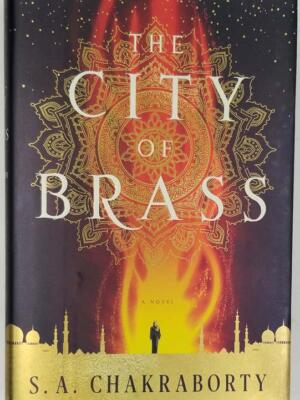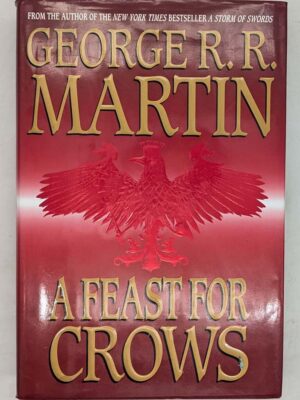Ender’s Game by Orson Scott Card, first published in 1985, is a landmark science fiction novel that combines military strategy, psychological complexity, and moral questioning within a futuristic setting.
The story centers on Andrew “Ender” Wiggin, a brilliant six-year-old boy recruited by Earth’s international military to attend Battle School, an elite space-based training facility. The world is preparing for a potential third invasion by an alien species known as the Formics (also called “Buggers”), and Ender is seen as humanity’s best hope.
At Battle School, Ender is subjected to intense training, simulations, and manipulation, all designed to mold him into a commander capable of defeating the enemy. As he rises through the ranks, excelling in increasingly complex war games, Ender grapples with isolation, pressure, and the moral weight of leadership. The novel builds to a shocking climax that forces Ender—and the reader—to confront the devastating consequences of war and the ethics of using children as weapons.
Ender’s Game is acclaimed for its tightly plotted narrative, compelling character development, and exploration of themes such as power, manipulation, identity, and empathy. It won both the Hugo and Nebula awards and remains a cornerstone of modern science fiction, often taught in schools and discussed for its philosophical and ethical implications.
